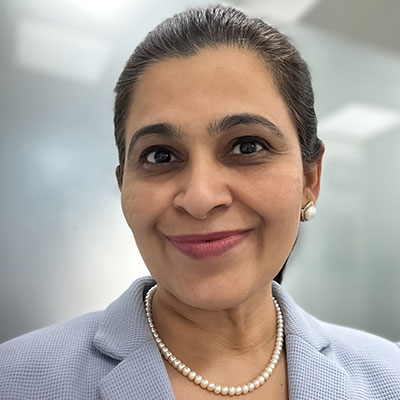I have written previously on the need to re-envision how education and skills will evolve in the 21st century. In this blog, I hope to raise the standard of my discussion further by reminding readers that we are nearly one-fifth through the 21st century. With the pace of technological change that COVID has brought in, I wonder if measuring change every 100 years is still appropriate.
The workplace is no longer just the classroom floor or the office building. It is outdoors, a worktable at home, or even the café around the corner. Our world today offers many challenges, and there are more waiting tomorrow. We do not know what these will be but we need to learn the skills and aptitudes required for this change.
We know that there will be more than a premium on skills only the human mind possesses. There exist many models that predict the types of jobs that will be created and others that will disappear. All the models concur on a definite shift in emphasis to tasks oriented toward critical judgement, care, creativity and communication. Academic competencies, which we call soft skills,such as creative and collaborative problem solving, social skills, mature judgement, skepticismand adaptability, will be more critical than ever, and students will need to master both hard and soft skills.

As educational practices have evolved, we have needed to identify new ways to cultivate talent and leadership. There is also more focus on supporting personalised practices to help students realise their untapped potential, ideas and problem-solving capacities. For the future we envisage, we will need to cultivate individual passions and talents, and encourage students to find learning pathways best suited to their interests.
Given the above scenario, the discussion that remains is most vital.What about the role of the student? In such a dynamic world as predicted for the future, is every student to be an academic high achiever?
While education aims to create customised pathways for students to individualise, embrace and cultivate complexity, the million-dollar question is what will be the student profile of 2050?
As Sir Richard Branson, a serial entrepreneur said, ‘I see life almost like one long university education that I never had.’ Branson used this mindset to build new ventures in music, telecommunications, air and rail transportation and even space travel. He persevered through stumbles and setbacks, using every experience to get better. The revered late Nelson Mandela empathised with and understood those who imprisoned him. He emerged from prison with grace and became one of the world’s most-loved leaders.
Both theabove are examples of learning agility. The pandemic has ampedthat agility. People and institutions who are agile have, even during the lockdown, dealt successfully with challenging situations, have created and innovated, built bridges, and been transformational in their own spaces.

Learning agility is, therefore, the transformational skill students will need to succeed in the future. Students will need to become social, creative, focused and resilient individuals who are not afraid to challenge norms, are open to feedback, and can stay calm and deal with challenges. They will also need to be reflective and willing to change.
In conclusion, I feel the pandemic is like a novel with some grievous narratives and a lot of learning for its readers. It has been a great teacher, and that is a leaf we need to take out of this book. I encourage you to reflect so that soon we can, like Deepthi Ravula of WE Hub says, ‘look back on this crazy time and appreciate the strength we didn’t know we had.’

